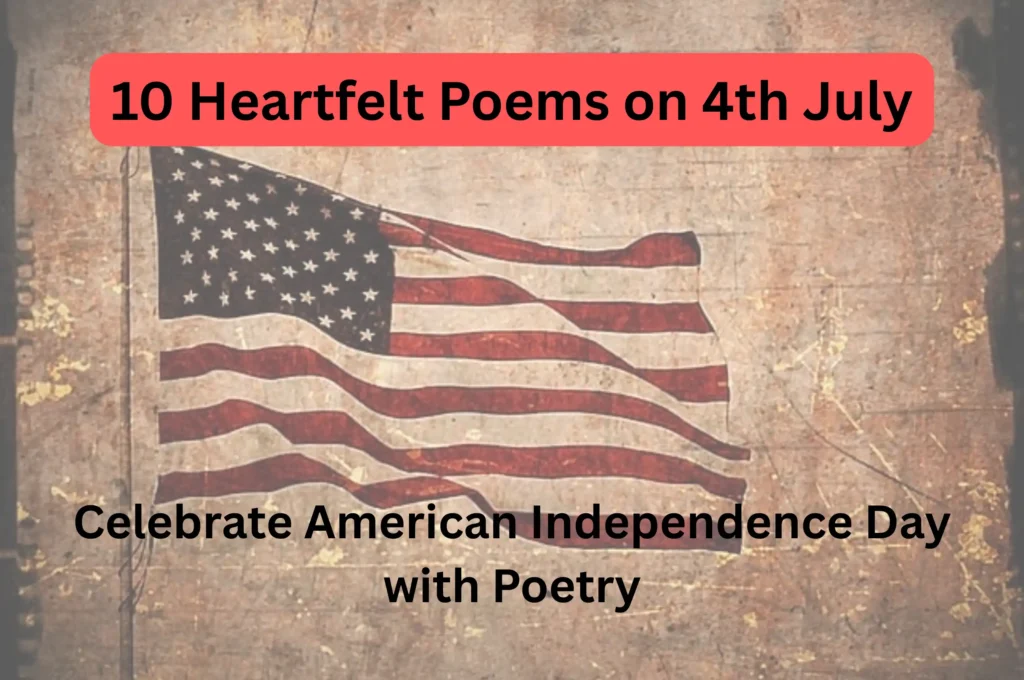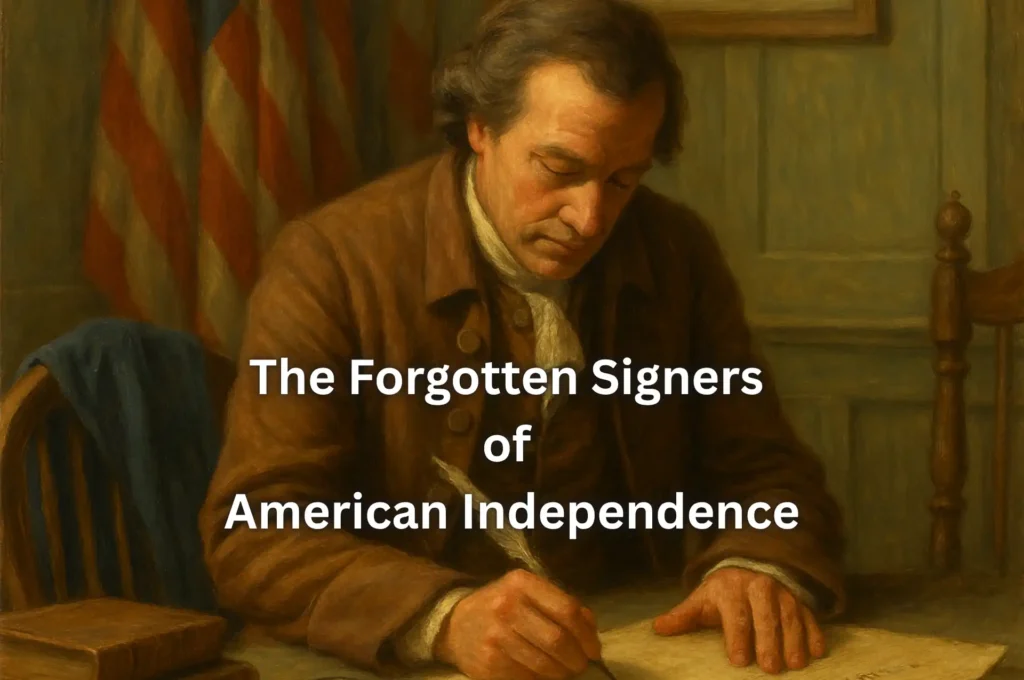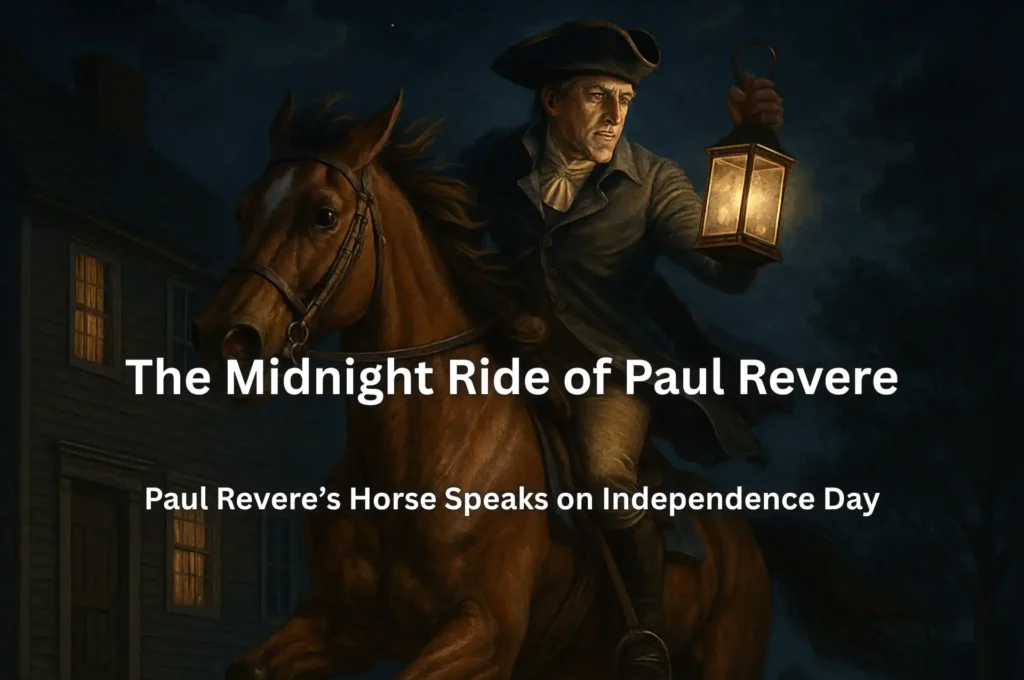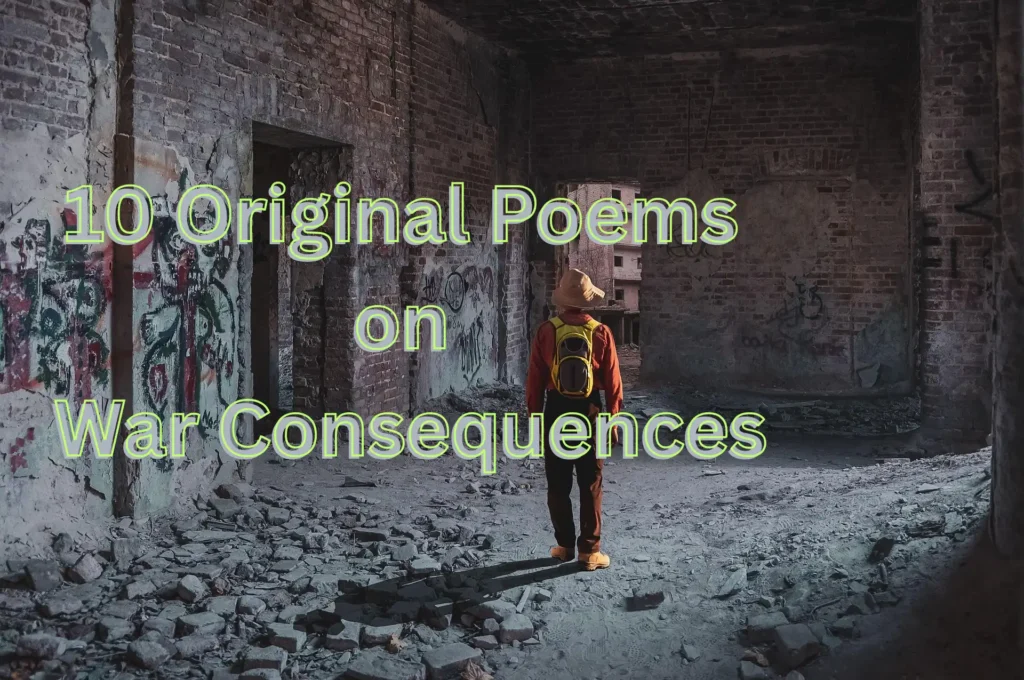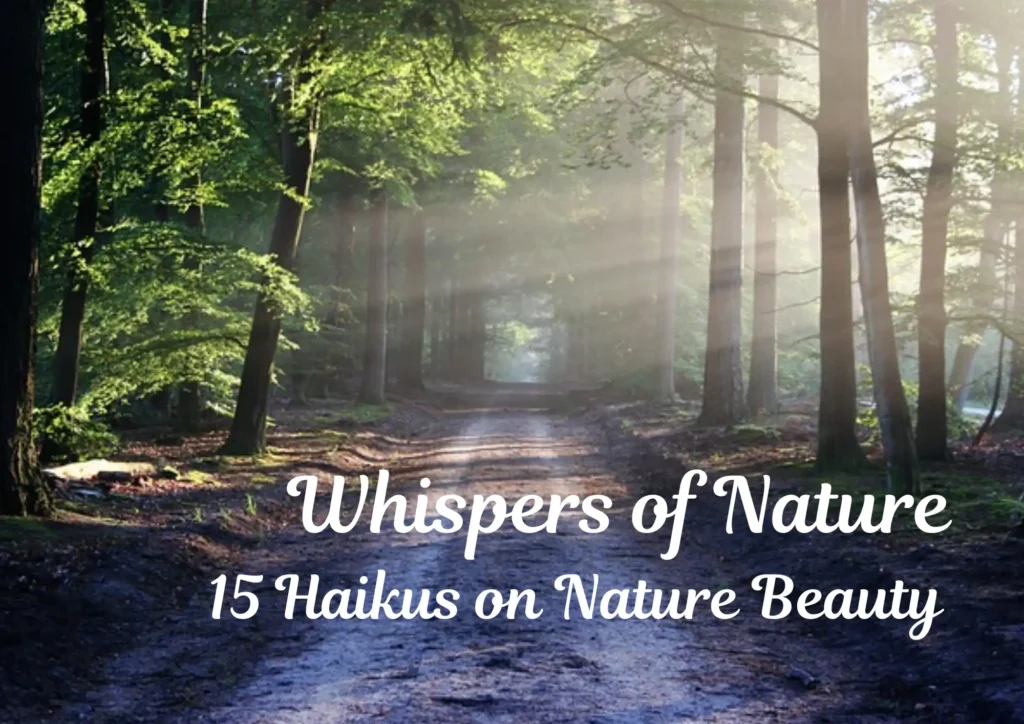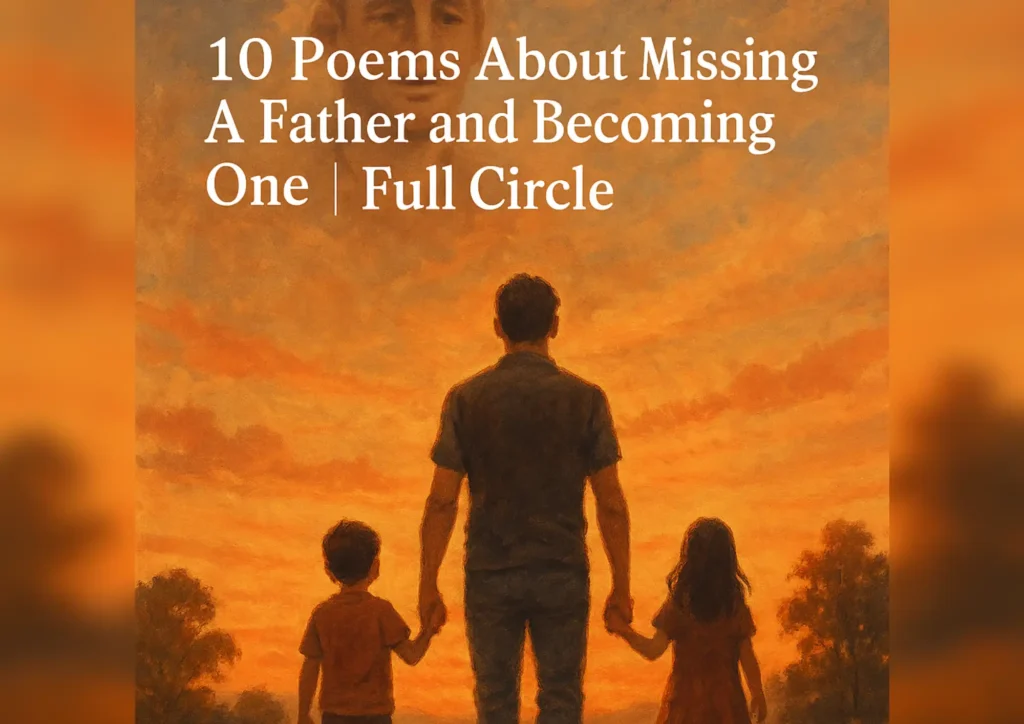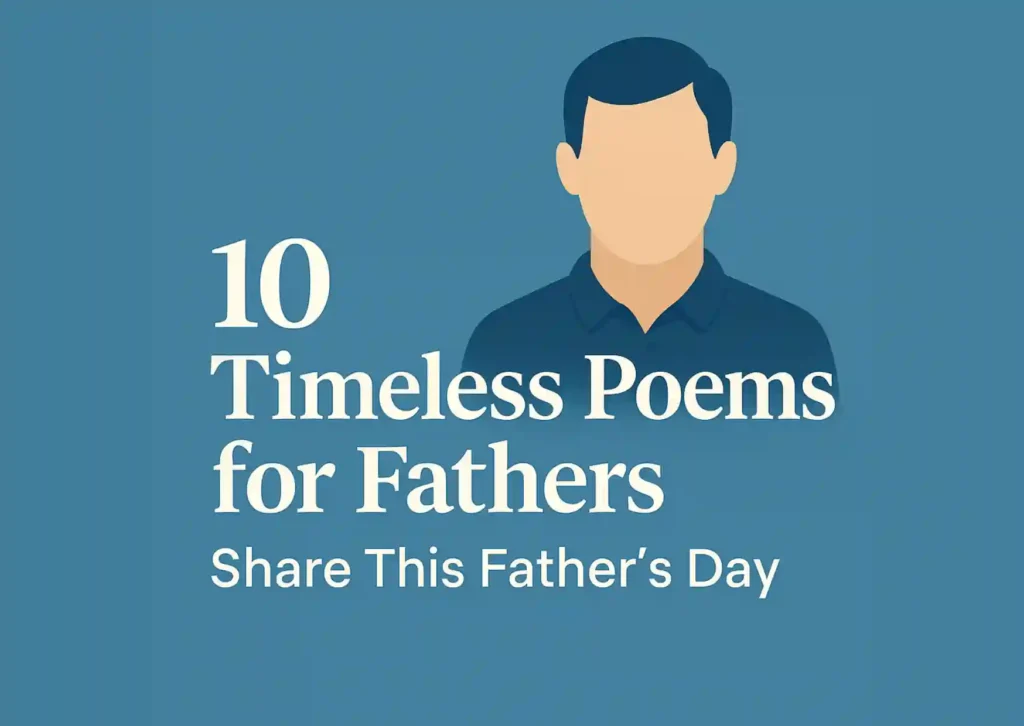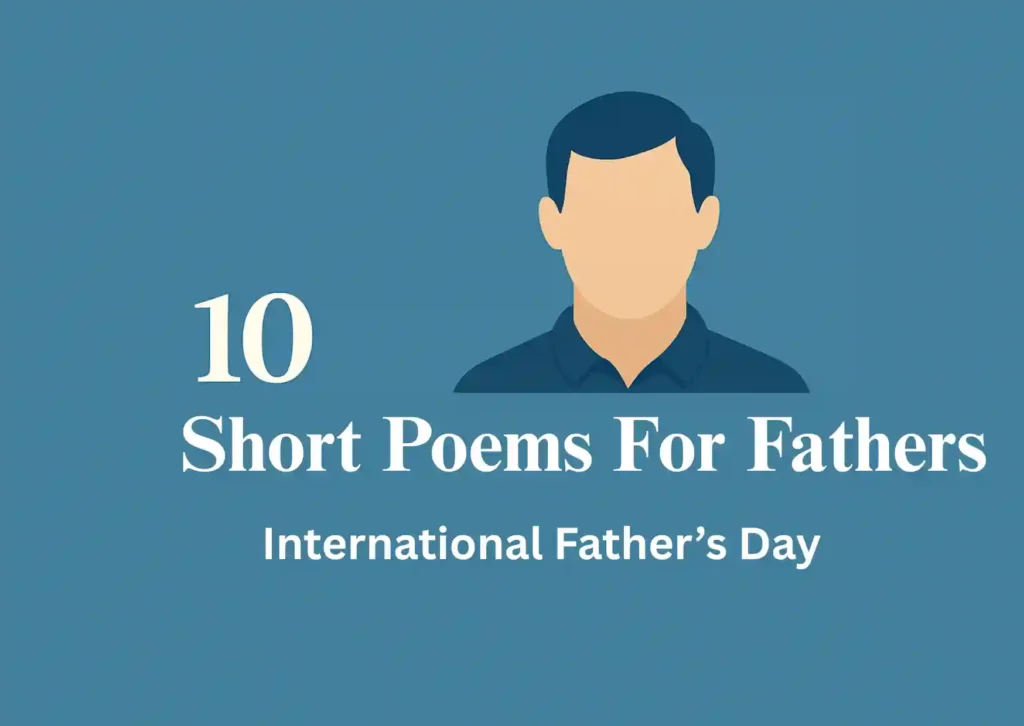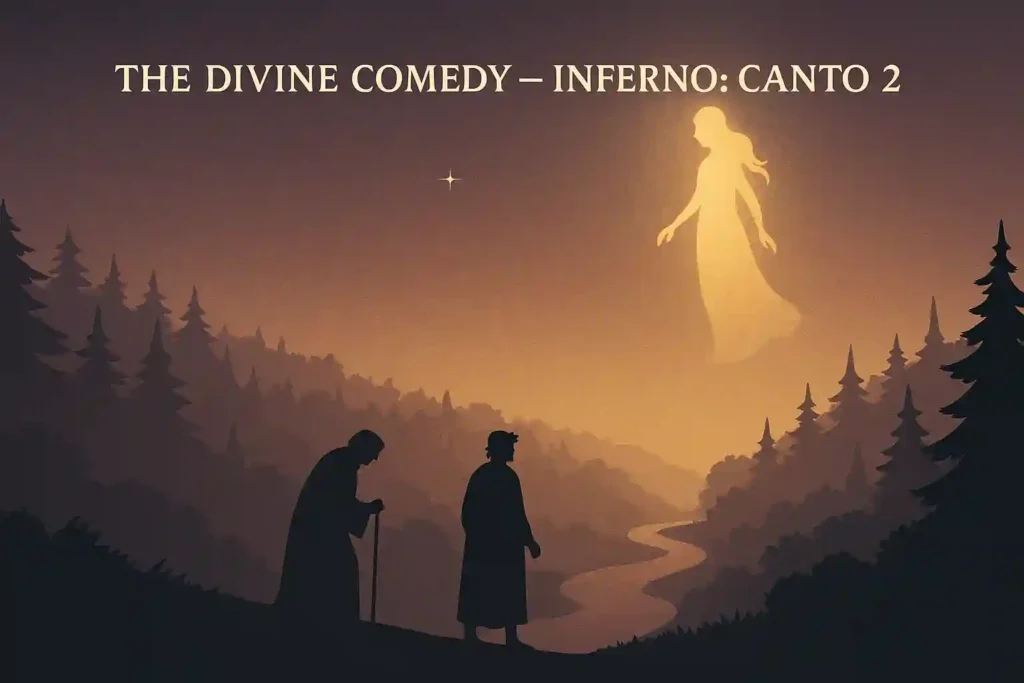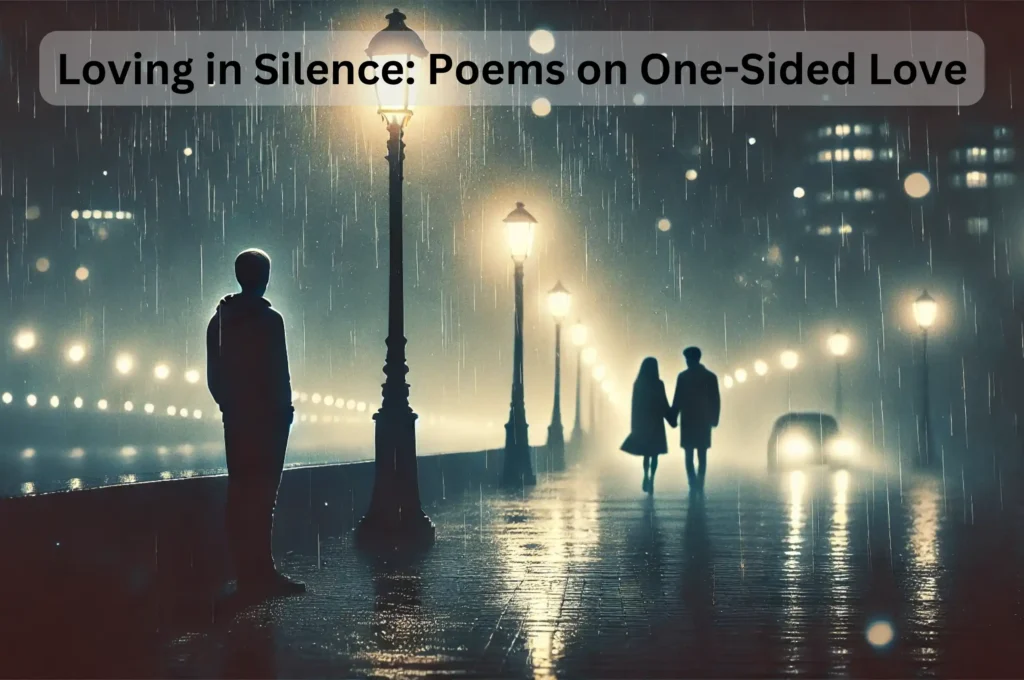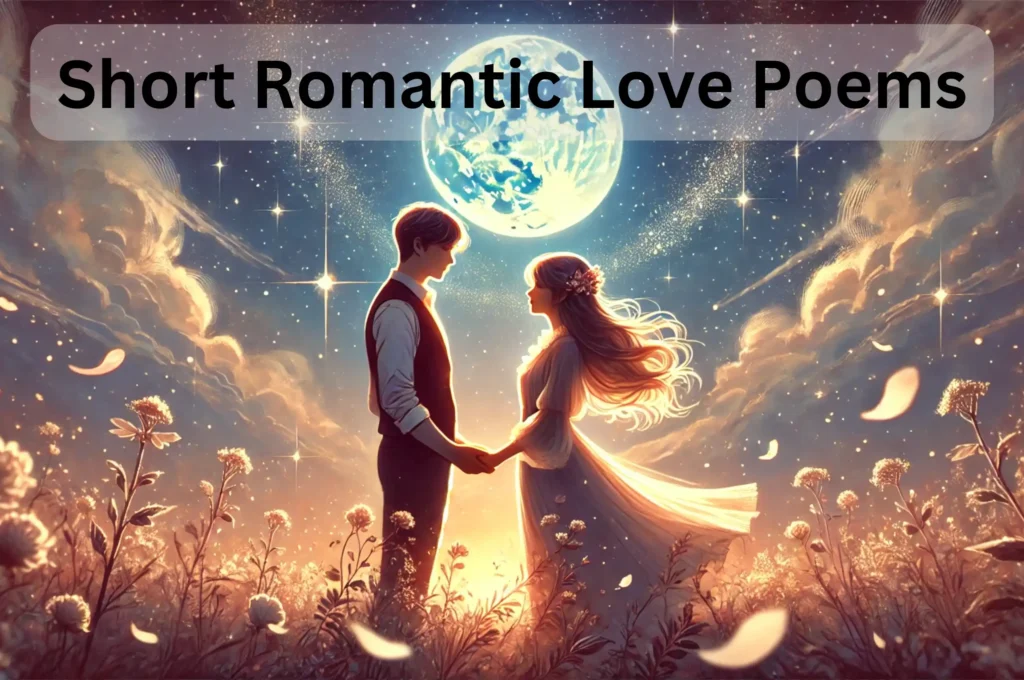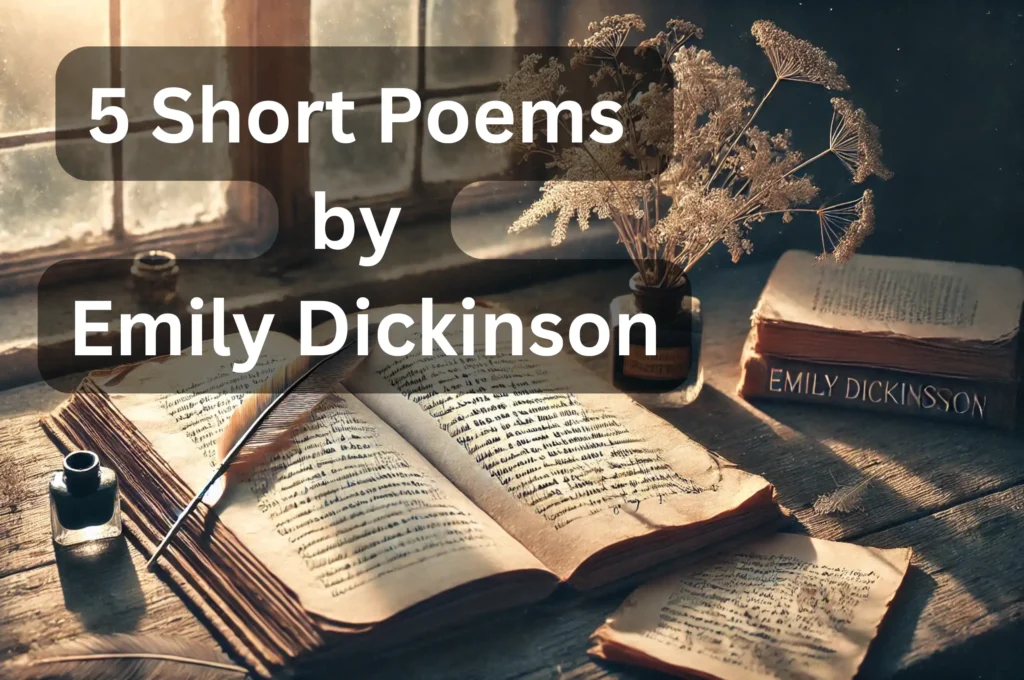Maya Angelou’s poem “The Rock Cries Out to Us Today” was recited at President Bill Clinton’s inauguration on January 20, 1993. It is a powerful call to unity, peace, and progress. Through the symbolic elements of the rock, river, and tree, Angelou urges humanity to rise above its history of pain and violence and embrace new beginnings with hope and courage. The poem celebrates diversity and highlights the interconnectedness of all human experiences while emphasizing the importance of learning from history to shape a better future.
Back to: List of Poets in Alphabetical Order
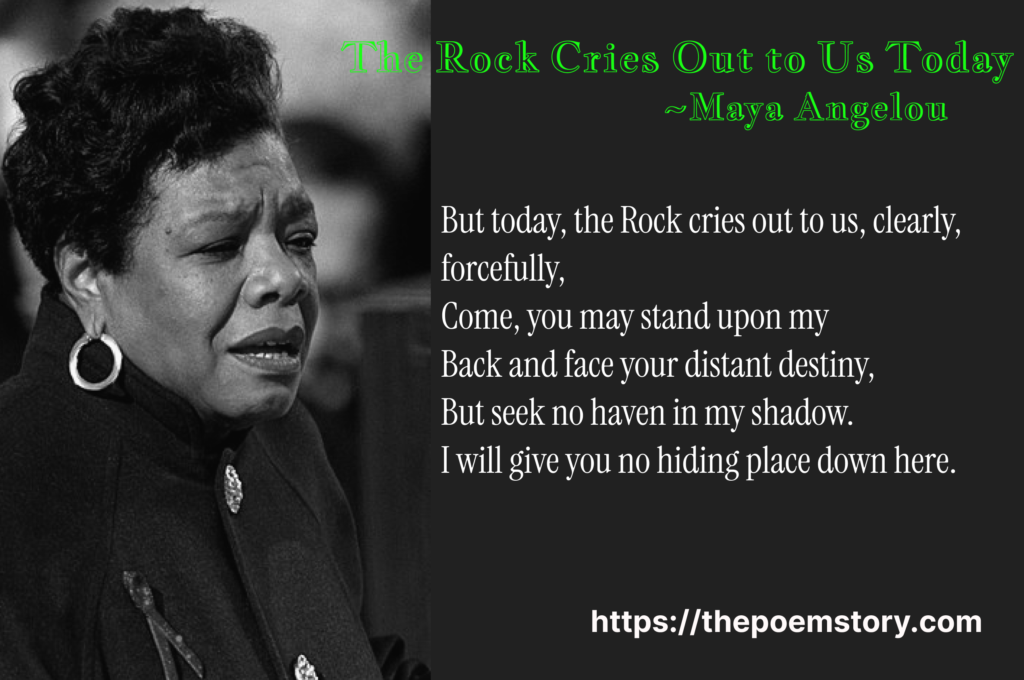
Table of Contents
The Rock Cries Out to Us Today Poem
A Rock, A River, A Tree
~ The Rock Cries Out to Us Today by Maya Angelou
Hosts to species long since departed,
Mark the mastodon.
The dinosaur, who left dry tokens
Of their sojourn here
On our planet floor,
Any broad alarm of their of their hastening doom
Is lost in the gloom of dust and ages.
But today, the Rock cries out to us, clearly, forcefully,
Come, you may stand upon my
Back and face your distant destiny,
But seek no haven in my shadow.
I will give you no hiding place down here.
You, created only a little lower than
The angels, have crouched too long in
The bruising darkness,
Have lain too long
Face down in ignorance.
Your mouths spelling words
Armed for slaughter.
The rock cries out today, you may stand on me,
But do not hide your face.
Across the wall of the world,
A river sings a beautiful song,
Come rest here by my side.
Each of you a bordered country,
Delicate and strangely made proud,
Yet thrusting perpetually under siege.
Your armed struggles for profit
Have left collars of waste upon
My shore, currents of debris upon my breast.
Yet, today I call you to my riverside,
If you will study war no more.
Come, clad in peace and I will sing the songs
The Creator gave to me when I
And the tree and stone were one.
Before cynicism was a bloody sear across your brow
And when you yet knew you still knew nothing.
The river sings and sings on.
There is a true yearning to respond to
The singing river and the wise rock.
So say the Asian, the Hispanic, the Jew,
The African and Native American, the Sioux,
The Catholic, the Muslim, the French, the Greek,
The Irish, the Rabbi, the Priest, the Sheikh,
The Gay, the Straight, the Preacher,
The privileged, the homeless, the teacher.
They hear. They all hear
The speaking of the tree.
Today, the first and last of every tree
Speaks to humankind. Come to me, here beside the river.
Plant yourself beside me, here beside the river.
Each of you, descendant of some passed on
Traveller, has been paid for.
You, who gave me my first name,
You Pawnee, Apache and Seneca,
You Cherokee Nation, who rested with me,
Then forced on bloody feet,
Left me to the employment of other seekers–
Desperate for gain, starving for gold.
You, the Turk, the Swede, the German, the Scot…
You the Ashanti, the Yoruba, the Kru,
Bought, sold, stolen, arriving on a nightmare
Praying for a dream.
Here, root yourselves beside me.
I am the tree planted by the river,
Which will not be moved.
I, the rock, I the river, I the tree
I am yours–your passages have been paid.
Lift up your faces, you have a piercing need
For this bright morning dawning for you.
History, despite its wrenching pain,
Cannot be unlived, and if faced with courage,
Need not be lived again.
Lift up your eyes upon
The day breaking for you.
Give birth again
To the dream.
Women, children, men,
Take it into the palms of your hands.
Mold it into the shape of your most
Private need. Sculpt it into
The image of your most public self.
Lift up your hearts.
Each new hour holds new chances
For new beginnings.
Do not be wedded forever
To fear, yoked eternally
To brutishness.
The horizon leans forward,
Offering you space to place new steps of change.
Here, on the pulse of this fine day
You may have the courage
To look up and out upon me,
The rock, the river, the tree, your country.
No less to Midas than the mendicant.
No less to you now than the mastodon then.
Here on the pulse of this new day
You may have the grace to look up and out
And into your sister’s eyes,
Into your brother’s face, your country
And say simply
Very simply
With hope
Good morning.
Line by Line Meaning of The Rock Cries Out to Us Today
- “A Rock, A River, A Tree / Hosts to species long since departed, / Mark the mastodon. The dinosaur, who left dry tokens / Of their sojourn here”:
Angelou introduces nature as eternal witnesses to the earth’s history, outliving extinct species like the mastodon and dinosaurs. These symbols reflect resilience and permanence. - “Any broad alarm of their hastening doom / Is lost in the gloom of dust and ages.”:
The tragedies and warnings from the past are often forgotten with time, buried in history’s dust. - “But today, the Rock cries out to us, clearly, forcefully, / Come, you may stand upon my Back and face your distant destiny,”:
The rock, a symbol of stability, urges humanity to take responsibility for its future and confront its destiny courageously. - “But seek no haven in my shadow. / I will give you no hiding place down here.”:
The rock denies complacency or retreat, insisting that progress requires accountability and effort. - “You, created only a little lower than / The angels, have crouched too long in / The bruising darkness,”:
Humanity, with its divine potential, has been stifled by ignorance, oppression, and fear for too long. - “Your mouths spelling words / Armed for slaughter.”:
Angelou critiques how language and communication are often used to incite violence and division. - “Across the wall of the world, / A river sings a beautiful song, / Come rest here by my side.”:
The river invites humanity to seek peace and reflection, symbolizing renewal and harmony. - “Each of you a bordered country, / Delicate and strangely made proud,”:
Each individual is unique yet vulnerable, like a bordered country, proud yet fragile in identity. - “Your armed struggles for profit / Have left collars of waste upon / My shore, currents of debris upon my breast.”:
Human greed and conflict have polluted the natural world and left scars on the earth. - “If you will study war no more.”:
The river pleads for an end to war and violence, offering peace in return. - “Come, clad in peace and I will sing the songs / The Creator gave to me”:
The river promises divine wisdom and joy to those who embrace peace. - “Before cynicism was a bloody sear across your brow / And when you yet knew you still knew nothing.”:
The river recalls a time of innocence before humanity became hardened by skepticism and arrogance. - “There is a true yearning to respond to / The singing river and the wise rock.”:
Deep within, people long to return to harmony, wisdom, and peace. - “So say the Asian, the Hispanic, the Jew, / The African and Native American, the Sioux,”:
Angelou highlights the diversity of human voices, calling for unity across cultures, races, and religions. - “Here, root yourselves beside me. / I am the tree planted by the river, / Which will not be moved.”:
The tree symbolizes steadfastness and offers strength and refuge to those seeking stability. - “Lift up your faces, you have a piercing need / For this bright morning dawning for you.”:
Angelou inspires hope, urging people to embrace the opportunities of a new day. - “History, despite its wrenching pain, / Cannot be unlived, and if faced with courage, / Need not be lived again.”:
While history’s pain cannot be erased, learning from it can prevent repeating its mistakes. - “Each new hour holds new chances / For new beginnings.”:
Every moment offers an opportunity for change and growth. - “The horizon leans forward, / Offering you space to place new steps of change.”:
The future awaits, encouraging humanity to take progressive steps toward a better world. - “Here on the pulse of this fine day / You may have the grace to look up and out / And into your sister’s eyes, / Into your brother’s face, your country”:
Angelou calls for empathy, connection, and a shared sense of responsibility within humanity. - “And say simply / Very simply / With hope / Good morning.”:
The poem concludes with a simple yet profound gesture of hope and optimism for a brighter future.
Back to: List of Poets in Alphabetical Order
Summary of The Rock Cries Out to Us Today
In “The Rock Cries Out to Us Today,” Maya Angelou uses the rock, river, and tree as metaphors for wisdom, renewal, and resilience. The poem reflects on humanity’s history of violence, greed, and division but urges collective action for peace, unity, and progress. Angelou emphasizes the interconnectedness of all people and highlights the potential for new beginnings, despite past mistakes. With a hopeful tone, the poem inspires readers to embrace love, courage, and compassion.
Analysis of The Rock Cries Out to Us Today
The poem reflects Angelou’s recurring themes of resilience, hope, and unity. The symbolic use of natural elements underscores the timelessness and interconnectedness of human existence with the earth. Angelou critiques humanity’s history of exploitation and war but offers a path to redemption through peace and collective action. Her inclusive language celebrates diversity and encourages global harmony. The hopeful conclusion, “Good morning,” reminds readers that every day is an opportunity to begin anew, reinforcing the power of hope and transformation.
List of Poets in Alphabetical Order
कवियों की सूची

YouTube Channel Link:

YouTube Channel Link:

